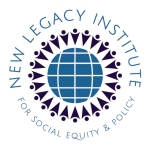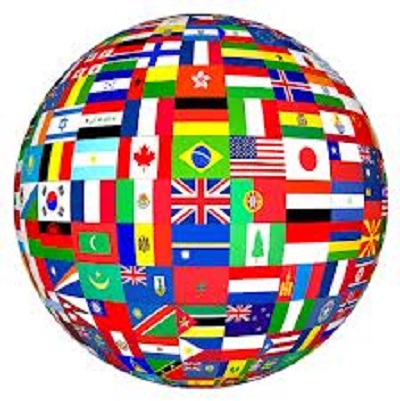Reading “Let’s hear it for the single, childless women: We get tired too,” by Mika Sarmiento got me thinking, especially when she writes about a “specific kind of guilt that comes with talking about sleepless nights and long days with said great wives and mothers.” What’s behind this particular kind of guilt?
Underneath the Guilt
Single and not a mother, Sarmiento has a great job, but many long and stressful work days. When she goes on social media wanting to rant a bit about her day and reads about the days mothers had, she feels “small for wanting to complain about anything at all.” “What are my problems compared to these mothers?” she asks herself.
Feeling like her long days of work can’t compare to the long days of mothers devalues her experience. Sure, mothers have long days, feel stressed and tired. But why must it be compared to what feels stressful and tiring for those who are not mothers?
Why does she get comments like: “Wait till you have children!” “You don’t know how lucky you are right now.”
Why would she feel like she was playing “Who Slept the Least” when talking with mothers?
This kind of thing from mothers invites feelings of shame, and feeling “less than” from those who don’t have kids. It promotes a kind of guilt that says “you and what you do aren’t as important as what mothers do, or as important as the lives of mothers.”
And what does this mindset do? It continues to exalt the role of mother. It keeps motherhood on a golden pedestal as the #1 sacrifice in life – the #1 thing you should be in life to have it truly matter. It promotes the notion that if you are not a mother, your life and its challenges come in as a distant second.
Now, Sarmient does want to be a mother one day. So when she joins the motherhood club, she will not face the same kind of feelings of guilt, shame and devaluing. But what about the childfree?
Do the childfree experience it?
From gathering qualitative data on the childfree for a while now, I can say that “guilt” is not the word I have commonly heard from those who have fully owned this choice. However, if one construes guilt as “feeling badly for not being the way we are supposed to be” I would say it would characterize many childfree people’s feelings at one point or another. Shame, yes, especially if one buys into the notion that something is wrong with us if we don’t want to have children. Devalued, yes. Even if childfree people who fully own that they do not want to raise children and are totally ‘out’ about it, they still face dealing with messaging from society and mothers that they are not as good as, not as important as – mothers.
Again, don’t get me wrong. Raising children well is important. It’s a challenging experience, and mothers should be able to get their feelings out! But motherhood having to ‘rule’ over any other experience is the problem. As long as it feels like a competition in which those with no kids lose, it does more to separate women than create alliance. When pronatalist mindsets prevail, the larger community of women and their ability to connect and support each other suffers, and leads women like Mika Sarmiento to “shut up and log out.”





